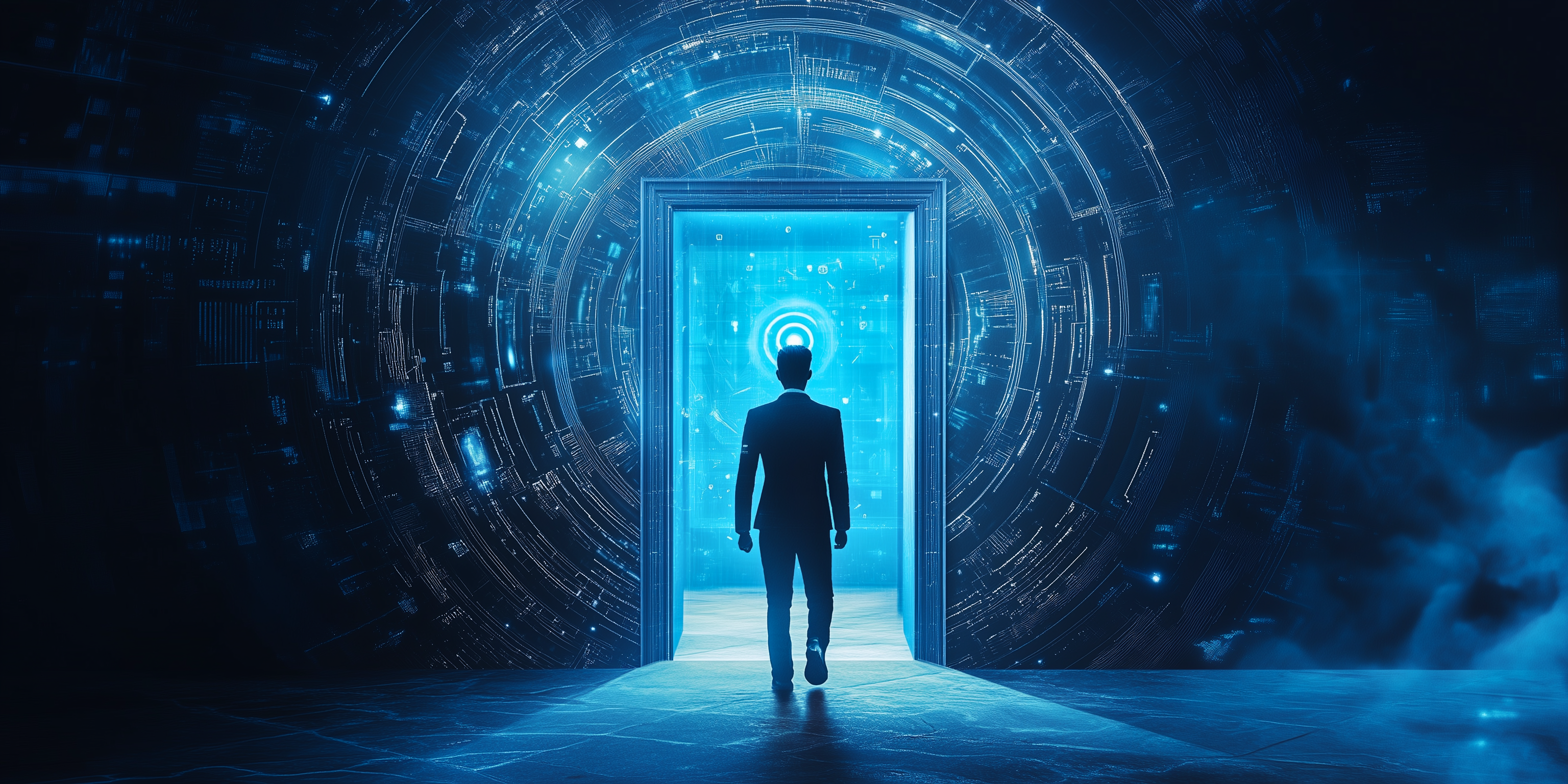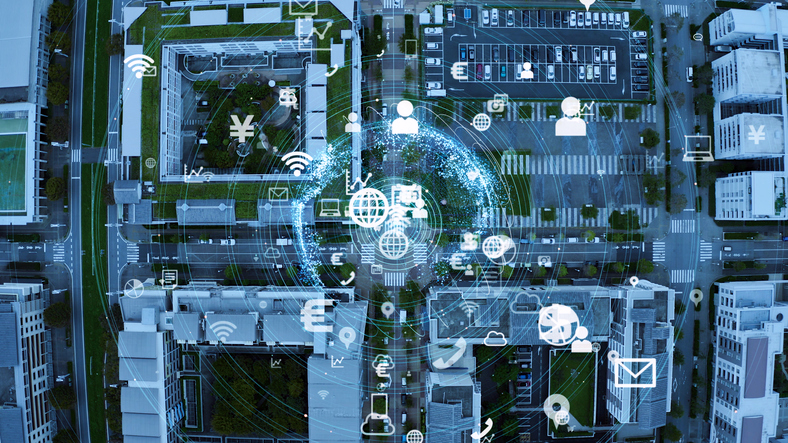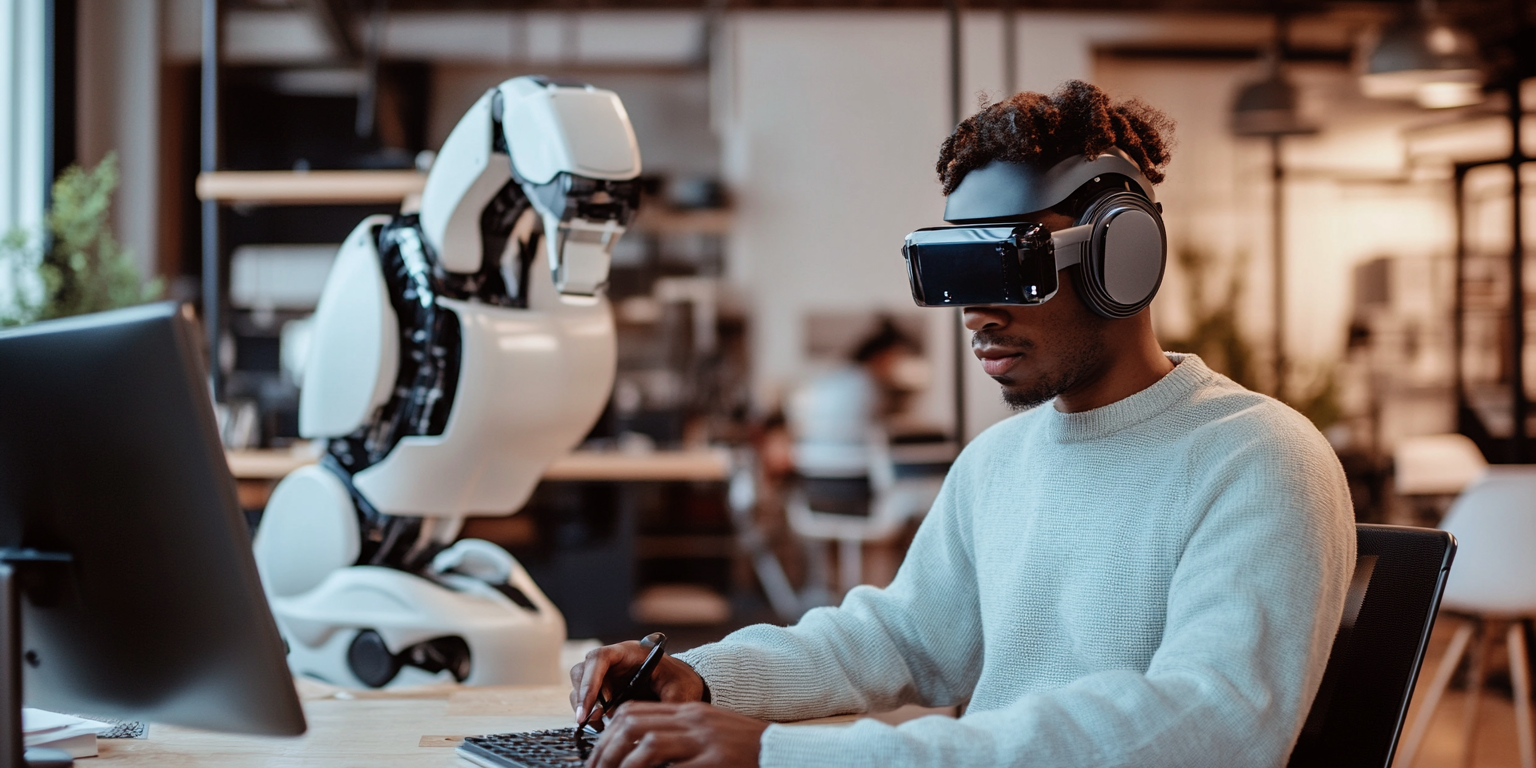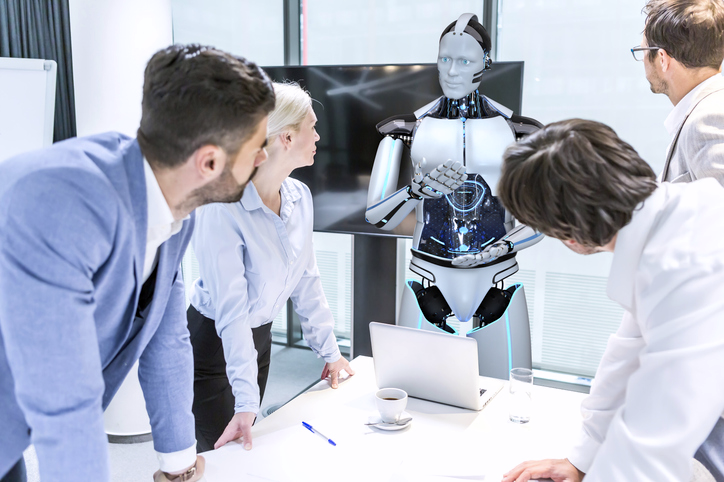

Introduction: Framing the Debate
What does the future of jobs look like with AI? It’s a question that sparks both excitement and concern. Rapid advancements in artificial intelligence have made it a versatile tool, but they’ve also led to growing fears about the displacement of human labor. For example, the recent strike by the U.S. actors’ union highlighted worries about AI being used to replace roles traditionally performed by actors, such as background extras or motion capture work. This reflects a broader anxiety across industries about AI taking over tasks once considered uniquely human.
While these fears are understandable, they don’t tell the whole story. AI’s increasing influence does bring challenges, but it also presents opportunities to rethink how work is done. Instead of focusing solely on the risks, what if we considered how AI might complement human efforts? Could it take over repetitive tasks, freeing people to focus on areas that require creativity, strategy, and emotional intelligence?
In this blog, we’ll examine the concerns surrounding AI’s role in the workforce, but also explore a more optimistic perspective: how AI might not replace human work but enhance it, redefining jobs in ways we’ve yet to fully imagine.
2. The Optimistic Vision of AI in Jobs
Contrary to fears of job loss, AI has the potential to be a powerful job augmenter, not a replacer. By taking over repetitive and time-consuming tasks, AI can free people to focus on higher-value work or enjoy more meaningful leisure time. Imagine a world where tedious tasks like data entry, scheduling, or inventory management are seamlessly handled by AI, leaving humans to focus on creativity, strategy, and innovation.

- Enhancing Quality of Life:
For those prioritizing personal fulfillment, AI could enable a more balanced lifestyle. With fewer hours spent on routine work, individuals could dedicate their time to hobbies, family, or personal development.
Platforms like Instagram, Facebook, and TikTok each require unique designs and formats.
- Example: Working just two hours a day while maintaining the same income, using the rest of the time for exploring creative passions, or spending time with loved ones.
- AI could even assist in planning and organizing personal activities, maximizing leisure time for greater satisfaction.
- Scaling Economic Opportunities:
For those who value economic growth, AI offers a way to scale productivity. By delegating multiple tasks to AI, individuals could manage multiple jobs or projects simultaneously, significantly increasing their earning potential.
- Example: Imagine an individual managing 10 different roles, dedicating just 30 minutes a day to each. With AI handling administrative tasks, scheduling, and data analysis, they could excel as a consultant, graphic designer, online educator, and freelance writer—all within the same day. For instance, their morning might start with consulting for a tech startup, followed by designing promotional material for a retail brand, recording an online course, and drafting articles for publication—all without feeling overwhelmed.
- This could enable professionals to enter new fields or expand their expertise without overwhelming their schedules.
This optimistic vision of AI in jobs is not about replacement but enhancement. It envisions a future where people can achieve more by working smarter, not harder, and where economic growth and personal enrichment coexist harmoniously. Together, these perspectives showcase how AI could redefine work—not by replacing it, but by enhancing its possibilities.
3. Historical Context: What History Teaches Us
The fear of technological progress disrupting jobs is not new. Take the Luddite Movement of the early 19th century, when textile workers protested against machinery that threatened their livelihoods. While their concerns were valid in the short term, history shows that these technological advancements led to significant long-term benefits. Over time, average incomes increased, poverty and hunger rates decreased, and overall happiness improved. The parallels with today’s fears about AI are striking, suggesting that technological disruption can ultimately lead to societal growth.
Consider past innovations that once seemed disruptive but have since become universal benefits:
- Food Delivery Anywhere: Mobile phones have made ordering meals from almost any restaurant possible, a luxury unimaginable even a few decades ago.
- Instant Communication: What once took weeks or months—sending letters—now happens instantly through messaging apps, revolutionizing how we connect.
- Air Travel: Crossing continents, once an expensive and exclusive dream, is now routine and affordable for millions.
- Meat Consumption: Protein-rich diets, once rare and reserved for the elite, are now staples for much of the global population.
- Voting Rights: Universal suffrage, which was once a radical ambition, is now a cornerstone of democratic societies worldwide.

These once-disruptive innovations are now integral to our lives, and AI holds similar potential to transform the future of work. However, just as people in the past could not have predicted the full scope of benefits that technologies like air travel or instant communication would bring, we too can only imagine a fraction of the possibilities that AI could unlock. The world of AI’s full integration remains uncharted, and what we envision today is likely just the tip of the iceberg. As AI evolves and becomes more accessible, it may create opportunities and solutions beyond anything we can currently predict, fundamentally reshaping work, society, and how we define success.
4. Shaping the Future: How AI Could Transform Society
AI represents a technological leap that parallels past milestones like the Industrial Revolution and the advent of the internet. Just as these breakthroughs transformed human life, AI has the potential to reshape society in profound ways, unlocking possibilities for greater efficiency, creativity, and equity.
Imagine a future where work hours are significantly reduced without sacrificing income. With AI automating repetitive tasks and optimizing workflows, people could enjoy a better work-life balance. Much like how the introduction of the washing machine revolutionized household labor in the 20th century—freeing countless women from hours of manual washing and enabling them to pursue education, careers, and personal growth—AI has the potential to do the same for modern work. This transformation could free individuals to focus on personal passions, creative pursuits, or spending time with loved ones—all while maintaining or even increasing their earning potential. Just as the washing machine was a catalyst for societal progress, AI could unlock new possibilities for how we live and work, making our lives more fulfilling and equitable.

AI could also drive higher incomes across the board. By enabling businesses to scale operations and innovate more efficiently, AI has the potential to create wealth and distribute it more equitably. Just as some individuals transformed their lives through early investments in Bitcoin—leveraging technology to achieve financial freedom—AI offers a similar promise of economic growth. This progress could ensure that more people benefit from technological advancements, reducing disparities and raising global living standards.
While AI’s impact on individual work hours is transformative, its potential to address broader societal challenges is equally exciting. AI could pave the way for universal access to services like education, healthcare, and transportation, raising living standards for underserved populations. Additionally, AI might enable a shift toward direct democracy by providing citizens with clear, accurate information to make informed decisions. This could overcome the limitations of representative democracy and allow broader, more equitable participation in governance.

As AI continues to evolve, it’s crucial to frame its integration as a means to elevate humanity. By leveraging AI responsibly, we can build a world where technology complements human effort while empowering people to live fuller, more meaningful lives enriched by innovation.
5. The Incredible Possibilities of the Future
AI holds the power to revolutionize human life in ways that once seemed the realm of science fiction. Imagine a world where technology enhances every aspect of daily living, unlocking opportunities for creativity, productivity, and personal fulfillment. The possibilities of AI stretch far beyond the workplace, promising to reshape every facet of human life.
- Redefining Work-Life Balance: Picture a future where individuals work just two hours a day while earning the same income as a full-time job. AI would seamlessly manage scheduling, data processing, and logistics, freeing people to focus on family or personal goals. For example, a parent could spend afternoons coaching their child’s sports team, while a musician composes and performs with AI handling studio management and scheduling tasks.

- Scaling Careers to New Heights: With AI as a personal assistant, managing multiple careers could become effortless. A chef might run five restaurants, publish cookbooks, and host online masterclasses—all while AI handles inventory, bookings, and promotions. This efficiency could lead to a diversified skill set and a six-figure income without sacrificing quality or creativity.

- Universal Accessibility and Equity: AI could transform essential services, ensuring universal access to education and healthcare. Imagine AI-driven telehealth diagnosing illnesses in rural clinics or personalized learning platforms offering tailored education to every child, regardless of location. A small-scale farmer might optimize crop yields through AI insights, bridging gaps once caused by limited resources.

The future AI promises isn’t just efficient—it’s extraordinary. By integrating AI into everyday life, we could create a society where technology elevates humanity, enabling richer, more impactful lives for everyone.
6. Conclusion
The future of AI is not about replacement—it’s about collaboration. Imagine a world where humans and AI work in harmony, unlocking solutions to challenges we once deemed insurmountable. Whether it’s addressing global inequities or empowering individuals to reach their full potential, AI’s possibilities are vast and inspiring.

This article paints an optimistic picture of the future AI might create, but it also raises critical questions we must consider. One of the most profound challenges could be the collapse of long-held universal values. Many of us were raised to view unearned income with skepticism and to regard labor as inherently virtuous. Most religions emphasize the sanctity of work, and the obligation to contribute through labor is enshrined in the legal frameworks of nations around the world.
In this new AI-driven future, how will our current values be tested? If work as we know it becomes obsolete or fundamentally redefined, what will take its place as a cornerstone of human purpose? Can we embrace a society where traditional notions of labor give way to a focus on creativity, community, and fulfillment, or will we resist these shifts in favor of preserving the familiar?
The future AI offers is rich with potential, but it also invites us to rethink deeply ingrained beliefs, challenging us to adapt not just our systems, but our philosophies as well.
